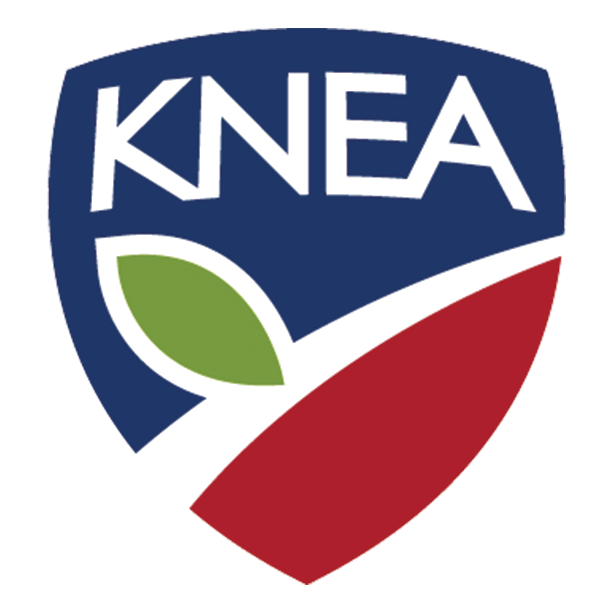Teaching and Learning
Educators Rising
Educators Rising cultivates highly skilled educators by guiding young people on a path to becoming accomplished teachers, beginning in high school and extending through college and into the profession.
Every teacher in America has the skills and experience to help all students achieve their potential.
Educators Rising is a national membership organization that provides students with teaching experiences and skills to become successful educators. Joining connects individuals to a network of over 45,000 members across the country, including 42,000 rising educators.
We're dedicated to diversifying the teaching profession, with 51% of our student membership being students of color. Members engage and learn through the EdRising Virtual Campus, an online community with rigorous resources. Opportunities include national competitions and a customizable curriculum.
CLICK HERE if you are an educator interested in the Educators Rising Grow Your Own program to start an Educators Rising chapter in your district.
CLICK HERE to learn about and register for the Educators Rising State Conference.

Tools for Teaching in Kansas
KSDE License - Apply & Search
Streamline your application and search for teaching licenses in Kansas. Simply select a year and district or input your first and last name to view your current license and history, including any new license type or a future/renewed license.
KSDE Pathways To Teacher Certification
This document helps visualize the many different factors that play a part in becoming a certified education professional.
KSDE Routes To The Classroom Chart
This document provides information on the different requirements it may take to become a credited educator.
KSDE Fingerprint Info
The Kansas State Board of Education (KSBE) adopted regulation changes regarding requirements for a fingerprint-based records check. These changes will affect veteran educators who have never submitted fingerprints as part of any previous application for a Kansas certificate or license issued by KSDE.
KSDE Teacher Evaluation
The Educator Evaluations portal from Kansas State Department of Education.
KNEA Reading Circle
The Kansas NEA Reading Circle, comprised of KNEA members, meticulously reviews and screens the best children's literature annually, subsequently publishing a list of recommended books categorized by reading level since 1926.
National Board Certification
According to Kansas law, in K.S.A. 72-2166, “Kansas teachers who have attained certification from the national board and who are employed by a school district shall be paid an incentive bonus in the amount of $1,000 each school year that the teacher remains employed by a school district and retains a valid master teacher’s license.”
https://www.ksrevisor.org/statutes/chapters/ch72/072_021_0066.html
Some Kansas school districts pay their own incentive bonus as provided in the negotiated agreement.
K.S.A. 72-2166 also authorizes cost assistance scholarships available for teachers accepted to participate in both the initial certification and recertification processes. Candidates must complete the scholarship application. See https://www.ksde.org/Agency/Division-of-Learning-Services/Teacher-Licensure-TL/Licensure/National-Board-Certification
Certification Bank & Micro-Credentials
NEA micro-credentials are concise, competency-based recognitions that enable educators to showcase their expertise in a specific area. Rooted in thorough research and best practices, these micro-credentials are characterized by the following:
1. Personalized: Tailor your learning journey according to your personal interests, career objectives, skill gaps, and the unique requirements of your students, school, and district.
2. Flexible: Study at your convenience, either independently or collaboratively with peers. Enjoy the freedom to learn at a time and place that suits you best.
3. Performance-based: Unlike traditional certifications that rely on passive learning, NEA micro-credentials are earned by demonstrating mastery of the subject matter. Your achievement is based on concrete evidence, not simply for attending a course.


